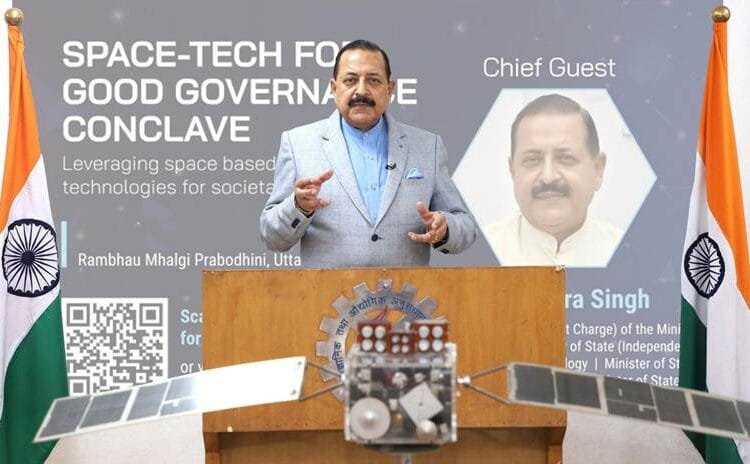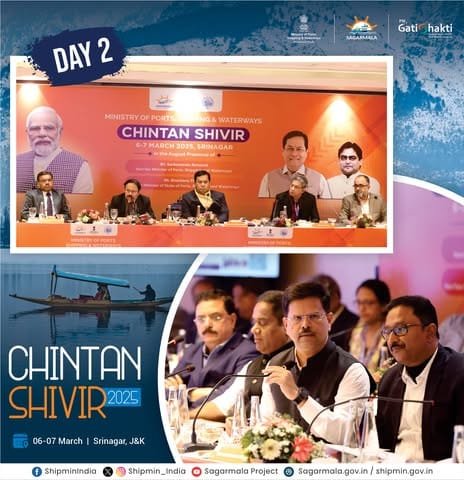Initiative to reduce costs
India needs to reduce the time taken in drafting the Detailed Project Report (DPR) for construction of roads and highways which will not only ensure faster turnaround but will also help in reducing costs.
“The very first change that is needed is in the DPR itself. We need to look at the way we make our DPR. If it is going to take one year or more, I think we need to pull up our socks,” said General (Retd) V K Singh, Minister of State for Road Transport & Highways.
He was speaking at the conference on ‘New and Emerging Technologies in Road Construction’, organized by FICCI in New Delhi on 5 Dec 2019.
There has to be a better methodology, and better utilization of all available technical details, along with the utilization of data using drones, AI, etc. in preparing the DPR.
“Sorting this out must be done with experts who have technical knowledge and who can put down what is available in best possible form,” he stressed.
General (Retd.) Singh added that very good targets have been set so that “we can improve the national highway network and ensure that they also assist the economy.
“We need to have roads which are cheaper, roads which can be built faster with materials which do not denude natural resources.”
The government is open to newer technologies which can make roads cheaper and ensure that roads are laid faster, he assured.
Meanwhile, the National Highway Authority of India (NHAI) has introduced a number of technologies over the past four to five years, saying it will ensure the reduction in cost and lead to green construction.
NHAI will issue a new document on the use of waste plastics in road construction within a month, announced R K Pandey, Member Projects, NHAI.
India’s road infrastructure has seen transformational change in recent years. the Ministry of Road Transport and Highways to build 65,000 km of national highways, noted FICCI President Sandip Somany.
Future road construction will require newer technologies, added Thanes Rajatapiti, Regional General Manage, Bitumen-Asia, Shell.
Roads will be technologically enabled to generate solar energy, withstand climate change and help in gathering data on traffic movement on the roads.
“We need to build roads at optimal costs and not diminish the natural resources. If we design the roads with these two objectives, we will be a better nation,” believes K K Kapila, Co-chairman, FICCI Committee on Infrastructure, and CMD, Intercontinental Consultants and Technocrats.
A report by FICCI-CRISIL ‘Paving future roads for India’ was released at the conference. Fiinews.com









